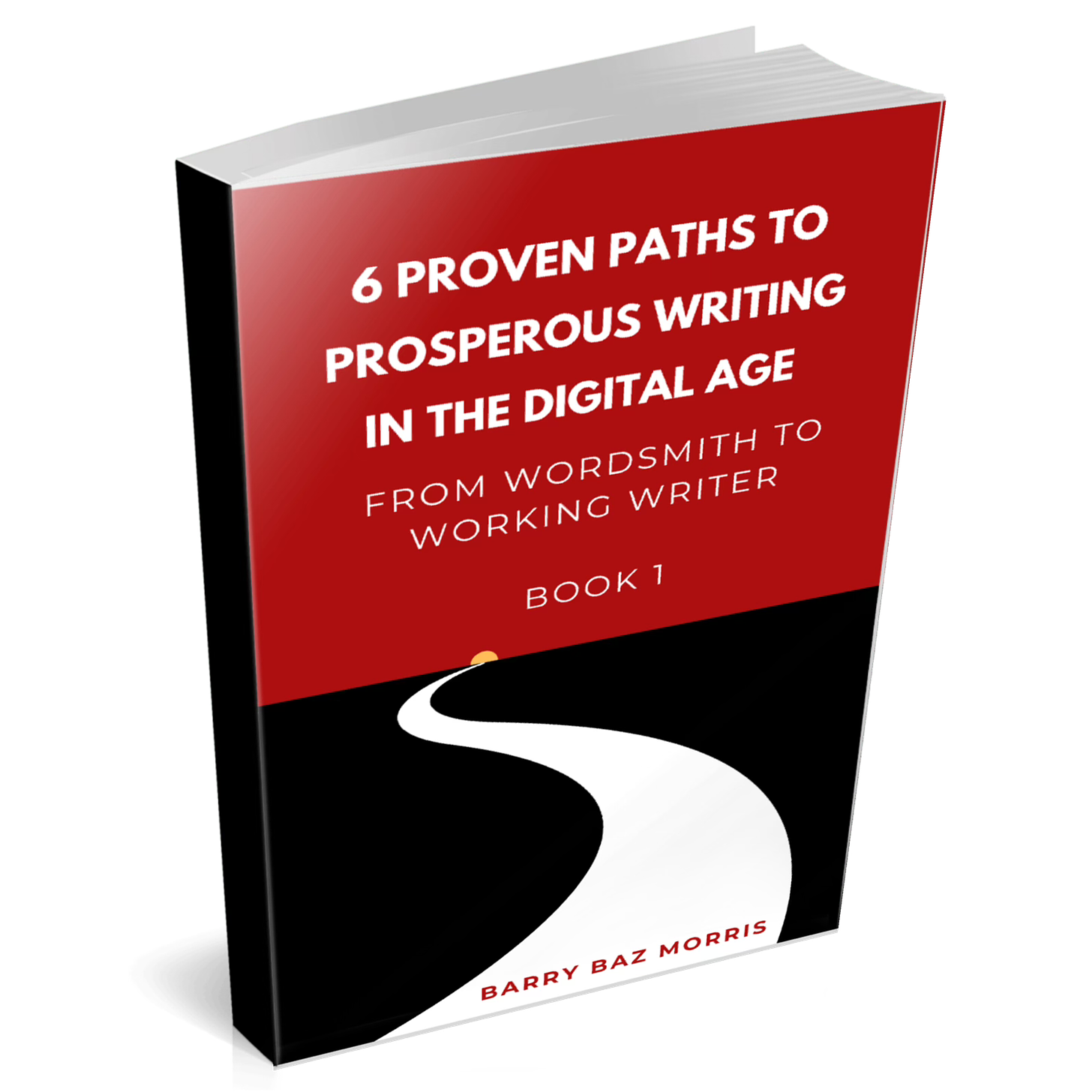6 Benefits You Can Expect When Publishing Short-Form Books
JUNE IS SELF-PUBLISHING MONTH ON 'LET'S GET PAID TO WRITE!'
Hey All,
If you haven’t visited the website in a while, you might want to check it out. I’ve been publishing posts without pushing to your email so it doesn’t look so empty.
But the cupboards are full now — click here to see what’s available!
Today’s post is about self-publishing, specifically the challenge I’m taking part in at J.R. HEIMBIGNER’s 12 Books in 12 Months challenge.
J.R. is The Minimalist Author.
He’s published 13 short-form books (SFB).
Simply put, a SFB is usually a non-fiction book of approximately 50 printed pages written in a very direct and straightforward style, and aims to communicate one concept, principle, or process as thoroughly and clearly as possible without .
I’m writing the book pictured above, which will be released on June 30. It’s the first in a series of four to six books on a similar theme.
June is Self-Publishing Month at LGPTW!
I’ve got a series of posts planned exclusively for LGPTW about self-publishing; how it works, how much time it takes, how much work is inviolved, and what kind a resources you’ll need, so don’t miss them.
Better yet, become a subscriber and get them in your inbox!
I shared the outline of the book in this post on Medium.
Rather than reproduce that post here on Substack, I want to encourage you to consider publishing your own SFBs. There are many benefits to becoming an author.
Here are 6 key benefits you could experience by publishing short-form non-fiction:
1. A faster writing and publishing process. Shorter books require less time and effort to write than full-length books, allowing authors to publish more frequently and build their catalog faster. Writing 12 books in 12 months might seem like a big lift, but it's not so daunting when each book is about 2,500-3,500 words.
2. Readers are shifting toward short-form content across the spectrum. Social media sites condition our consumption habits and our attention spans. Most of us lose interest in a YouTube video about five minutes into it. Instagram posts receive about 3 seconds of our attention. When reading how-to books, your readers won’t read a 250-300 page book if there are alternatives of 50 pages or less.
3. Higher royalty rates. Amazon pays a higher 70% royalty rate for books priced between $2.99-$9.99, an ideal price range for shorter non-fiction books. That means it’s also easier to make one of Amazon’s bestseller lists, an honor you can refer to forever. Just think, when you publish your second, third, fourth, etc., books, you’ll be able to proudly state “#1 Bestselling Author of_____________.” That’s pretty cool.😎
4. Increased visibility and discoverability. Having more books available increases your overall visibility on Amazon's platform and makes it easier for readers to discover your work. If you think about it, writing on Substack or anywhere online is about increasing one’s visibility. There’s nothing better for increasing your social credibility and visibility than having a published book or two… or three… to your credit. It’s like an instant seal of approval for potential subscribers and readers.
5. Semi-passive income stream. All right, I’ll admit it— no income stream is ever 100 percent passive, but writing and publishing SFBs come close. In the beginning, you’ll promote your books via social media, in your Substack or Medium posts, and on your author platform, but over time, that energy will shift toward newer titles. That doesn’t mean your first few titles won’t still sell and make money for you. Even inexpensive SFBs can generate semi-passive income over time as they continue selling with little additional promotion required.
6. Establish authority and expert status. We touched on this above, but it bears repeating that publishing informative books on a specific topic helps position the author as a knowledgeable expert in their field, leading to more opportunities like speaking engagements, guest posts, podcast interviews, and, for some, even offers to ghostwrite for others.
Barry Baz Morris also writes a free 30-second micro-newsletter M-F.






I think most people would benefit from publishing a non fiction SFB!
And I'm looking forward to getting yours once it's out :)